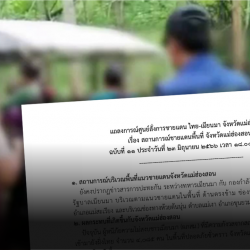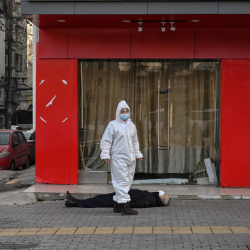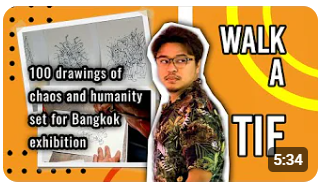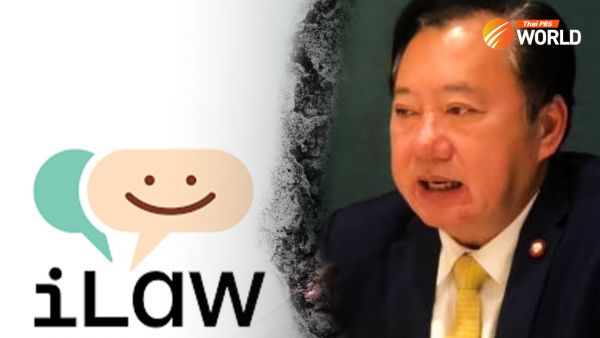Embracing authenticity: Amplifying the voices of the LGBTQ+ Community in Pride Month
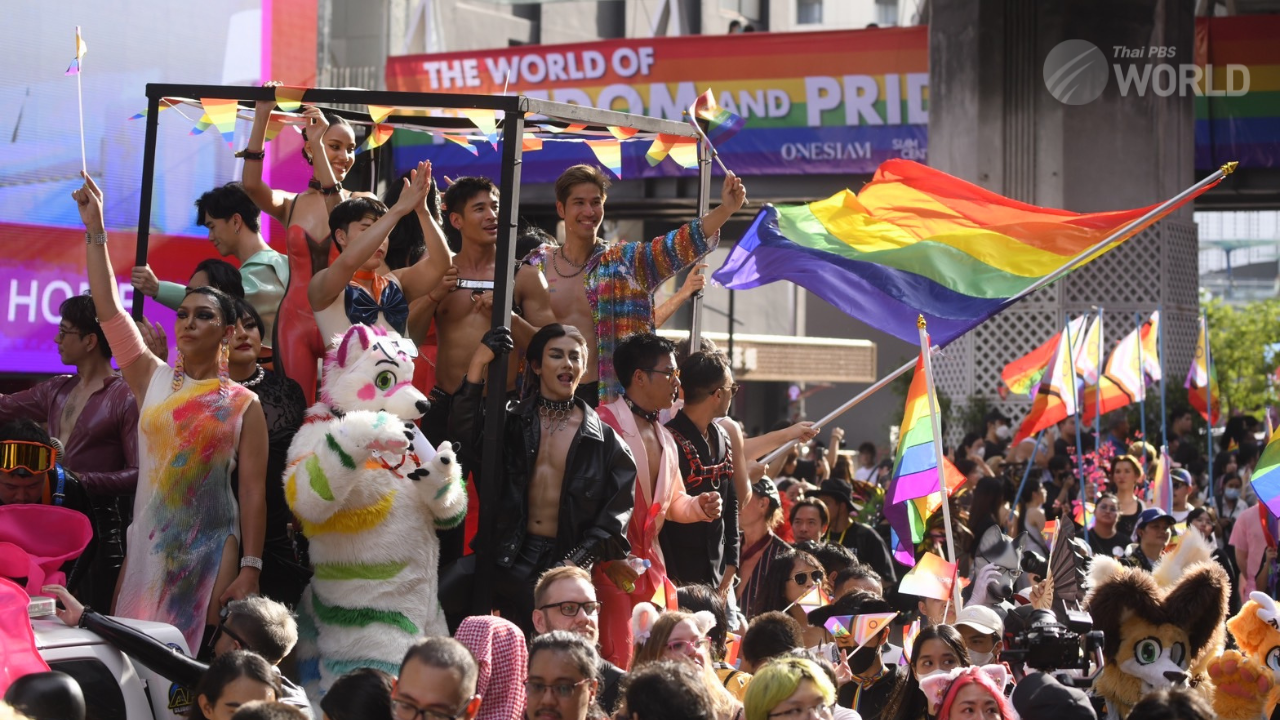
Love yourself, accept who you are and communicate with others with positivity could be the first steps towards the equality and inclusive representation that LGBTQ+ members long for, a recent panel celebrating Month of Pride told its audience.
Four panelists from the LGBTQ+ community shared their personal journeys of self-discovery, shedding light on the challenges they faced and underlining the significance of acceptance, empathy and understanding within society in the discussion hosted by W Bangkok Hotel as part of the many activities in Pride Month.
Through their inspiring stories, LGBTQ+ panelists comprising the Editor of Time Out in Thailand Top Koaysomboom, Thai-Italian artist Silvy Pavida, TV host and celebrity chef Kristen Kish and Japanese DJ Noah shed light on the challenges they faced, the power of finding acceptance, and the transformative impact of representation.
Earning Your voice
DJ Noah, who has been living in Japan for eight years, spoke passionately about the process of finding his voice amid societal expectations and personal struggles. “Pride means being true to myself. It is an escape from suppression, oppression and overall discrimination. We are here. We are breathing. We exist. That’s what Pride represents,” he said.
Noah emphasized the crucial role of supportive communities and friends within the LGBTQ+ network, providing the foundation necessary for individuals to confidently express themselves. Through various forms of art and activism, Noah found liberation and became a staunch advocate for LGBTQ+ rights and visibility.
For Silvy, it’s all about standing proud. “Pride is a feeling. To me, it is how you express yourself. It’s having self-respect. When you feel pride, you are allowed to be yourself and you are free to express yourself and let other people know you for who you are.”
Being true to yourself is perhaps what Pride Month is about to most people. Chef Kristen agreed, saying, “Pride for me is finding new ways to love yourself.”
Silvy stressed that seeing others who have overcome adversity and found success in their authentic selves instills hope and inspiration in those who may be struggling with their own identities. It is through representation that individuals find solace, a sense of belonging, and the courage to fully embrace their true selves.
Power of Representation
Central to the discussion was the resounding affirmation of the importance of representation for the LGBTQ+ community. The panelists echoed each other, emphasizing that authentic representation allows individuals to see themselves reflected in the media and society, fostering acceptance and dismantling harmful stereotypes.
Top stressed that diverse and authentic representation shows that there is no one way to be LGBTQ+. It is crucial to provide platforms and opportunities for marginalized voices to be heard, actively promoting LGBTQ+ creators, artists, and performers.
“We receive what we call verbal abuse, both intentionally and unintentionally, all the time. How to fix that? Education. And we need to educate the non-LGBTQ community to really be aware of the diversity and the differences between gender and the differences between each person. That’s key,” Top added.
Steps towards inclusive representation
Throughout the discussion, the panelists outlined actionable steps towards achieving inclusive representation. Challenging existing norms and biases was identified as a necessary catalyst for change. This involves actively seeking out and supporting underrepresented voices in all aspects.
They also emphasized the importance of advocating for inclusive policies and supporting LGBTQ+ in all aspects. On the legal front, members of LGBTQ+ in Thailand can’t legally marry their partners yet.
“We are fighting for marriage equality, of course, and the way to change our prefix, as well as many legal terms involving insurance or health in emergency situations. Not all LGBTQ personnel have access to adequate health treatment or the right treatment for their sex and gender,” said Top.
The Time Out editor added that he had been alarmed to hear from a doctor friend that there are only around 100 doctors specializing in trans health in Thailand. It is obvious that the country where the first Drag Queen franchise saw the light of day needs a great deal of improvement in gender health-related practices.
DJ Noah said the situation is not so different in Japan. “Though there are no demonstrations against us, marriage is not allowed yet in Japan, South Korea or China.”
The road to inclusion works both ways: from within the community and from the LGBTQ+ to society. Chef Kristen pointed out the difference between being nice and being kind towards other people. “Kindness is understanding the point of view of other people even when you don’t agree with them,” said the chef who emphasizes gender diversity in his kitchen as well.
“As an artist when I go to events, sometimes people give me looks or ask questions. The first thing I do is share love and positivity, not pointing negative things out. Be more friendly. Think of them as friends, because we’re all humans,” said Silvy of her experience on the stage.
Not only positivity but also understanding is important. “As an ally, it’s about understanding your queer friends, your queer family members as members of the community and then going out and spreading that message on a daily basis,” Kristen said. “It’s also self-correcting. How many times do you hear someone say something and perhaps they’re just making an honest mistake? It’s about receiving and being receptive to being corrected.”
Although the LGBTQ+ community has yet to reach their ultimate goals, things are improving.
DJ Noah pointed out that Japan was also moving forward while a lot of companies in Thailand have long had inclusive policies for all genders. Communication events like this one are needed more than once a year in order to help foster acceptance, empathy and understanding within society. It needs all parties – inside and outside the LGBTQ+ community – to join forces in challenging societal norms and eliminating discrimination on gender or sexual orientation.
By Thai PBS Feature Desk

